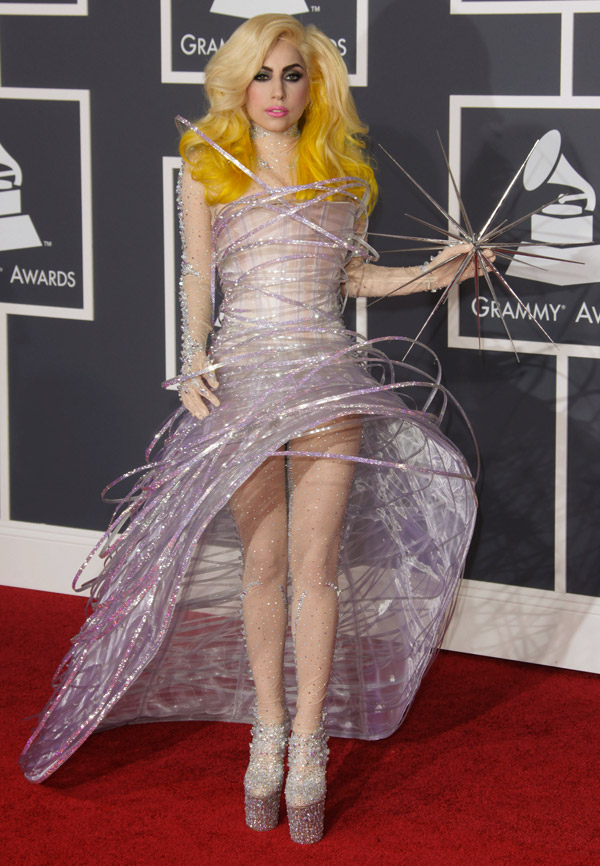I really liked the cover- it does feature nudity, but I believe the model looks very healthy and she is not posed in a way to conform to the male gaze.

The stories featured in the magazine, however, do not really contribute to loving your own body so much as making your body conform as much as possible to how women are "supposed" to look.
Examples of stories include:
6 weeks to summer abs
Clothes to flatter your figure
Fat be gone?
How Canada is fighting obesity
Shape up after baby
Talking to kids about body image
Flat-Belly foods
I refuse to purchase magazines, even for blogging purposes, so I can only comment on the stories shown in the preview here, but they do not seem to be telling women to love their bodies so much as it is trying to "help" women get bodies that they would love.


By "flatter your figure" what they really mean is make your figure look as close as possible to how women are "supposed" to look.

I like the health component of this article. It states that what makes these foods "flat-belly" foods is low calories and rich nutritional value. The problem is that it is not being presented to women as eating healthy foods for the sake of being healthy, it is being presented as a way of getting a smaller stomach.
This particular issue of the magazine probably does better than most at trying to get women to love their bodies, but it would be really great if they could try and get this message across without normative messages about what type of body women are supposed to have. I am also tempted to go to a local bookstore just to see how many of the images and advertisements throughout the magazine feature women different types of bodies... in these magazines you often find the "you are beautiful just the way you are" articles wedged between ads that exclusively feature super skinny models.








